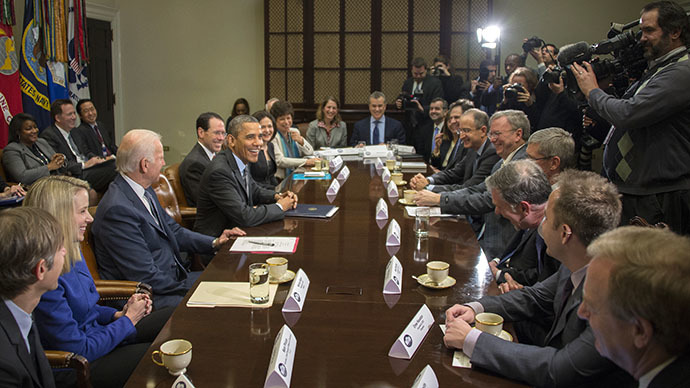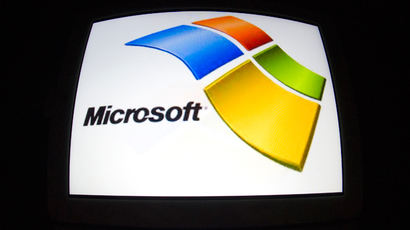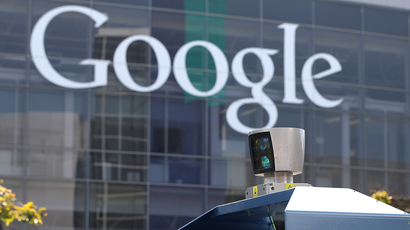Tech execs steer away from HealthCare.gov, to NSA in Obama meeting

Executives of major technology companies pressed Tuesday for reform of the NSA’s surveillance operations during a meeting with President Barack Obama that was initially to focus on the government’s maligned health care website.
Senior executives from Apple, Google, Yahoo, Netflix, Comcast, AT&T, Microsoft, Twitter, Facebook and others met privately Tuesday with Obama, Vice President Joe Biden and members of the White House’s national security team. The meeting, which lasted over two hours, came one day after a federal judge ruled the National Security Agency’s bulk collection of Americans’ telephone metadata is likely unconstitutional.
Obama is due next month to provide recommendations from an outside panel’s review of the NSA’s vast global spying programs revealed to the public by leaks from former NSA contractor Edward Snowden.
The White House said ahead of the meeting with tech executives that the gathering would focus on the struggling healthcare.gov, the website designed to allow Americans to sign up for insurance plans provided pursuant to the Affordable Care Act. Yet the executives signaled before, during and after the meeting that they want focus on government surveillance, much of which has involved their companies’ services, both with and without their cooperation.
“That is not going to happen,” an executive of one of the companies told The Guardian ahead of the event, regarding the planned discussion of the healthcare site. “We are there to talk about the NSA.”
Another executive at the meeting told The Guardian that any issues outside of NSA spying are “peripheral.”
In early December - though after the White House had invited the industry officials - eight tech companies sent an open letter to Obama and Congress urging reform of surveillance that had “shaken the trust of our users.”
USA Today reported that Google chairman Eric Schmidt began the meeting by laying out the companies’ concerns. An anonymous source briefed on the meeting said Obama seemed open to allowing more disclosure of NSA surveillance requests by tech companies, which are currently hamstrung by the government in what can and cannot be revealed.
Reacting to the NSA leaks, Google, Microsoft and other companies sued the US for the right to reveal more information about government requests for user data.
Yahoo executive Marissa Mayer brought up concerns that a certain kind of legislation being posed in various countries, such as Brazil, “would require service providers to ensure that data belonging to a citizen of a certain country remain in the country it originates,” USA Today reported. Such a requirement would be highly costly for companies, which would have to build data centers in nations all over the world to keep up.
"We appreciated the opportunity to share directly with the president our principles on government surveillance that we released last week and we urge him to move aggressively on reform," the technology companies said in a statement after the session.
A senior Obama administration official called the meeting constructive and “not at all contentious,” Reuters reported.
The White House acknowledged the economic impacts of the intelligence disclosures in a statement released after the meeting.
"The president made clear his belief in an open, free and innovative Internet and listened to the group's concerns and recommendations, and made clear that we will consider their input as well as the input of other outside stakeholders as we finalize our review of signals-intelligence programs," the White House said.
Internal NSA documents provided by Snowden to various news outlets began a steady pace of revelations that have unmasked the NSA’s massive surveillance machine. Snowden is currently under temporary asylum in Russia. He faces the punitive Espionage Act in the United States.
The first story that came from the leaked trove of NSA documents exposed, in early June, the bulk gathering of domestic telephone data.
A US District Court judge found Monday that the NSA’s metadata collection of phone records may violate unreasonable searches and seizures protections vested in the Fourth Amendment. Judge Richard Leon also said the US Department of Justice has failed to show how the bulk sweep of metadata has helped interrupt any terror attacks.













